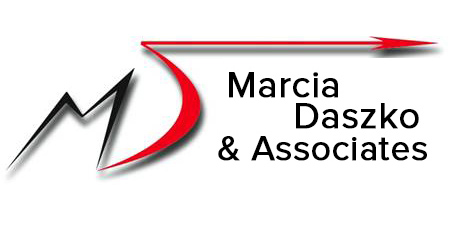Marcia's Leadership Q&AS
/Q. The work ethic and follow-through in our employees in the past year has taken a nose dive. I’m concerned for our customers and the business. What do you suggest?
A. This is a concern that I’ve heard more from business owners and managers also in the past year. There are a variety of causes. I don’t like making Covid an easy excuse for everything, but it has had an impact on some people’s dedication to work, their job, their company. For other people they were never taught how to be responsible workers and follow through. They didn’t have parents who were role models, or they didn’t have excellent job training, so how could they know what’s expected of them?
Effective onboarding, continual education/training, and two-way communication are all helpful to set the expectations about the work quality you want and the quality of service you want the customers to receive. It’s important to train people, especially if they are new to the job market. Observe them, role play if necessary, ask them for their ideas, and ask them how they think the work can be improved. More and more communication often make a difference!
Q. I’ve been invited to join a cohort of executives to meet regularly and discuss our challenges in our businesses. I’m open to sharing and learning from others. We’re from different industries. Are there any downsides to joining a group besides the time commitment?
A. First, think about your purposes for joining a group of colleagues. Is it a learning group, a time to share or vent your issues and have a sympathetic ear, a social focus, or a time to deeply challenge where you are and explore how you can gather ideas for development and business growth? It may be some or all of these. But define what it really your purpose and what is important.
Second, will you first have a conversation with the other members to determine if this group is a good fit for you. Will they both challenge and support you? Some share old management fads, opinions, and “best practices” that don’t add any value to their learning; people stay in the status quo with little development. Other executive groups make a lot of progress.
It’s important to think about what you want to accomplish and then over a few months, assess if people are just sharing opinions or substantial management concepts, tools, and relevant applications. You should feel intense learning!







